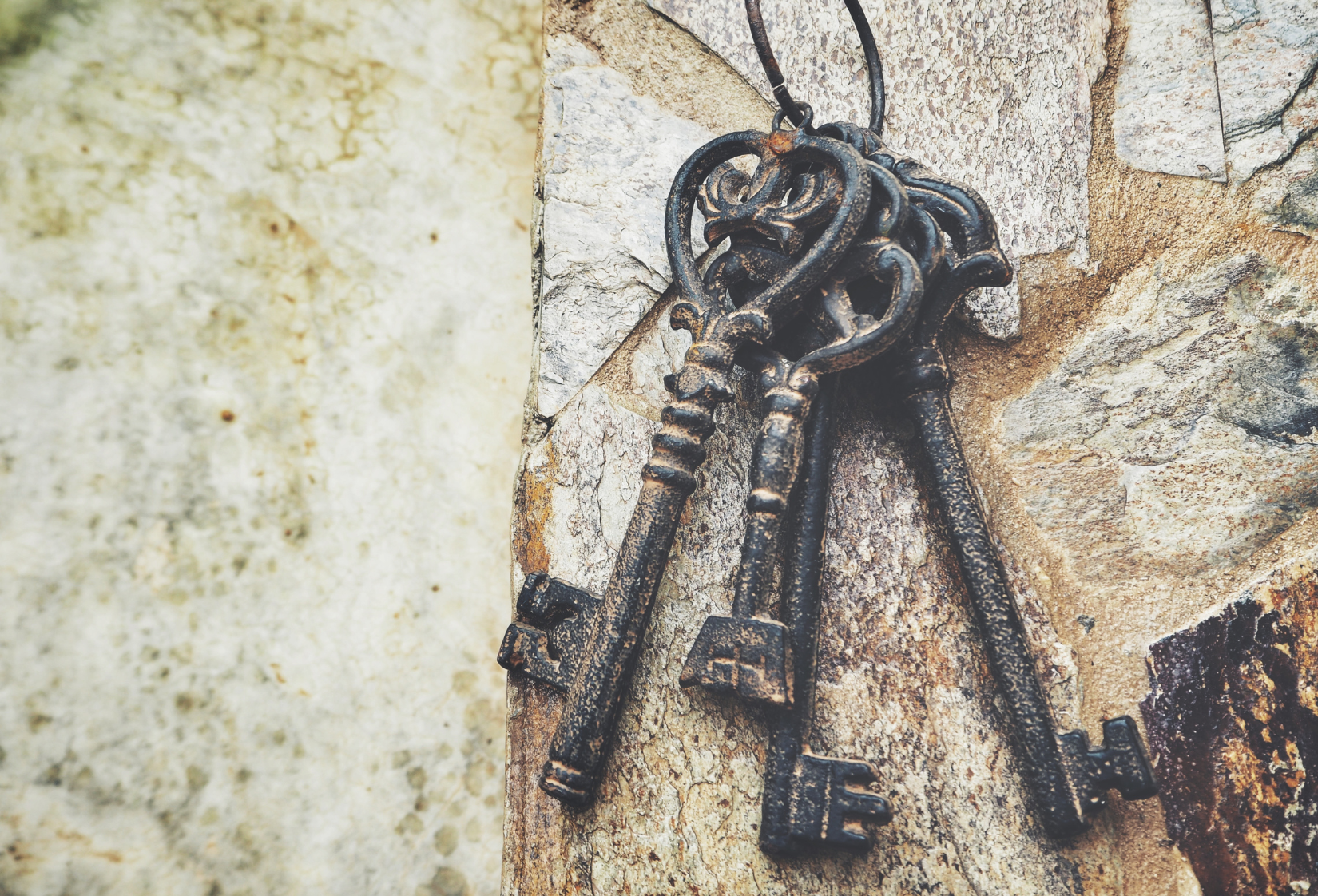The room was quiet but for the rustle of paper and the steady tick of the clock. Amelia sat at her writing desk, staring at the small brass box before her. It gleamed faintly in the fading afternoon light, its surface etched with swirls and symbols she couldn’t quite decipher.
The box had arrived that morning, unbidden, wrapped in a plain cloth with a note that read:
For the seeker of success. Open when ready.
Amelia, who had spent the better part of her twenties waiting for such an invitation, hardly knew what to make of it. Was this some joke? Yet there it sat, solid and undeniable.
When she finally lifted the lid, she found three small keys lying on a velvet lining. Each was unique: one golden and ornate, one silver and plain, and the last, a tiny bronze key, rough and unpolished. Alongside them was a folded slip of paper.
The note read:
The golden key will open the door to confidence. The silver key will unlock discipline. The bronze key will reveal meaning. Use them wisely; they are the path to your success.
Amelia frowned. What nonsense! Yet, the weight of the keys in her hand was strangely comforting, as if they carried some truth she had not yet grasped.
She decided to start with the golden key. That day, she stood taller, spoke with a voice that carried, and looked people in the eye. At first, it felt like an act, a borrowed costume. But by evening, as she closed the deal on a contract she’d hesitated over for weeks, she marvelled at how natural confidence could feel when you let it.
The next morning, she turned the silver key. With it in her pocket, she sat down to work. And worked. It was as though she had borrowed the patience of the gods. Tasks she had long avoided-organizing her finances, drafting her business proposal: fell one by one before her newfound discipline.
By the third day, she reached for the bronze key. What meaning could it possibly reveal? She carried it with her as she walked through the park, pondering the question. And then, as the sun dipped low, it struck her – not as an answer, but as a feeling.
It was the joy of the journey. The satisfaction of small progress, the unexpected laughter shared with strangers, the soft hum of contentment in her chest. The bronze key, it seemed, had unlocked her heart.
Amelia returned to the box that evening. The keys sat there, unassuming, as if they had always belonged to her. And perhaps they had. Success, she realized, was not something given, but something lived: one golden step of confidence, one silver thread of discipline, and one bronze moment of meaning at a time.

